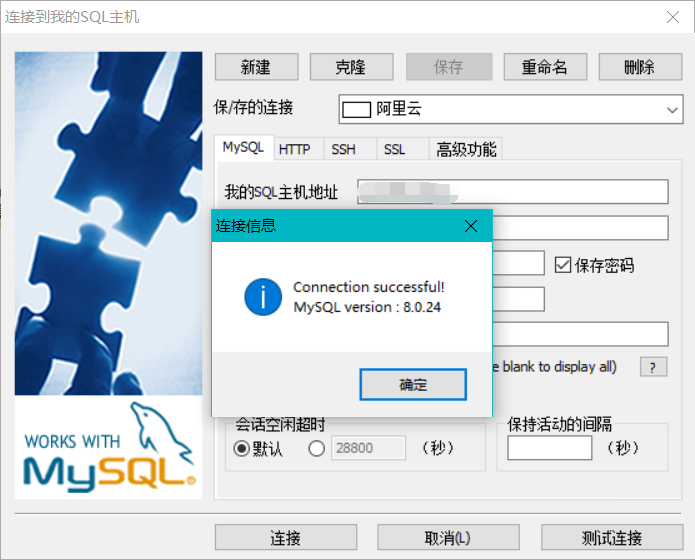### Understanding Defaulted Loan Meaning: What It Means and Its Implications
#### Defaulted Loan MeaningA defaulted loan refers to a loan that has not been repaid according to the terms agreed upon in the loan contract. When a borrow……
#### Defaulted Loan Meaning
A defaulted loan refers to a loan that has not been repaid according to the terms agreed upon in the loan contract. When a borrower fails to make scheduled payments for a certain period, typically ranging from 90 to 180 days, the loan is considered to be in default. This status can apply to various types of loans, including personal loans, mortgages, and student loans. Understanding the implications of a defaulted loan is crucial for both borrowers and lenders, as it can have significant consequences on credit scores, financial stability, and future borrowing capabilities.
#### Consequences of Defaulting on a Loan
Defaulting on a loan can lead to a series of negative repercussions. One of the most immediate effects is the damage to the borrower’s credit score. A default can lower a credit score by 100 points or more, making it difficult for the borrower to secure future loans or credit. Lenders view defaults as a sign of financial irresponsibility, which can lead to higher interest rates or outright denial of credit applications in the future.
Additionally, when a loan is in default, the lender may take legal action to recover the owed amount. This can include wage garnishment, where a portion of the borrower’s salary is deducted to pay off the debt, or seizing assets, particularly in the case of secured loans like mortgages or auto loans. The lender may also send the account to collections, which can further harm the borrower’s credit report and result in additional fees.

#### How to Avoid Defaulting on a Loan
To avoid defaulting on a loan, it is essential for borrowers to manage their finances effectively. This includes creating a budget that accounts for all monthly expenses, including loan payments. If a borrower anticipates difficulty in making payments, they should communicate with their lender as soon as possible. Many lenders offer options such as loan modifications, deferments, or repayment plans that can help borrowers avoid default.
Additionally, setting up automatic payments can ensure that loan payments are made on time. This can be particularly helpful for those who may forget to make manual payments due to busy schedules. Moreover, maintaining an emergency fund can provide a financial cushion in case of unexpected expenses or loss of income.
#### What to Do If You Default on a Loan

If a borrower finds themselves in a situation where they have defaulted on a loan, it is important to take immediate action. The first step is to contact the lender to discuss options for resolving the default. Many lenders are willing to work with borrowers to find a solution, such as setting up a repayment plan or negotiating a settlement.
It is also advisable for borrowers to seek financial counseling. Non-profit credit counseling agencies can provide guidance on managing debt and improving financial literacy. They can help borrowers create a plan to pay off debts and avoid future defaults.
In some cases, borrowers may consider consolidating their debts or filing for bankruptcy as a last resort. While these options can provide relief, they also come with long-term consequences and should be carefully considered.
#### The Importance of Understanding Defaulted Loan Meaning

In conclusion, understanding the meaning of a defaulted loan is crucial for anyone who borrows money. Being informed about the potential consequences of defaulting, as well as strategies to avoid it, can empower borrowers to make better financial decisions. By recognizing the importance of timely payments and maintaining open communication with lenders, borrowers can protect their credit scores and financial futures.